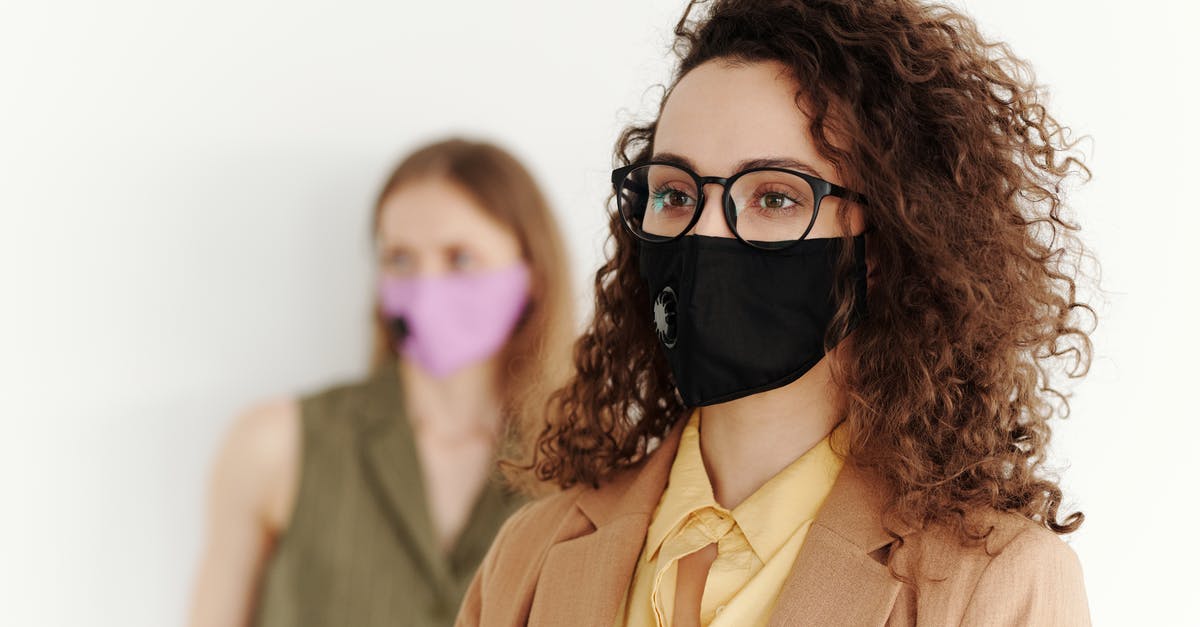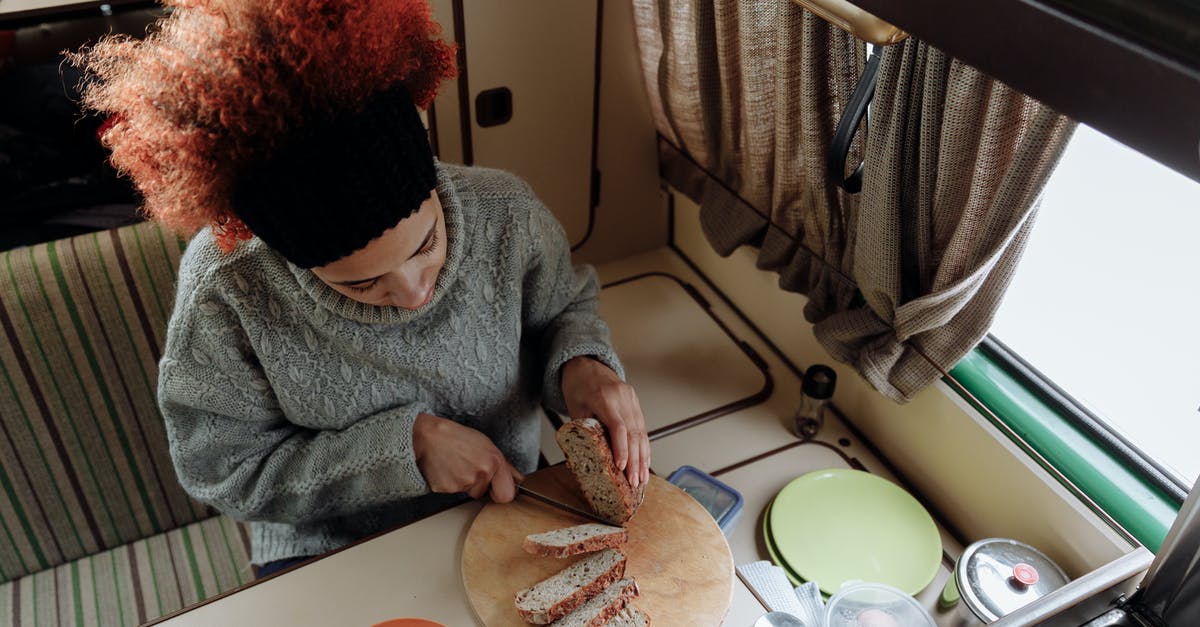How to avoid collapsing bread?

I know there are already similar questions but I thought I would share my baking process to get more specific advice.
I'm currently using a variation of the French dough recipe that came with the bread maker. Also I am cooking in the oven rather than the bread machine.
The original recipe uses:
- 400g flour
- 250ml water
- 1tsp yeast
- 1tsp salt
- 10g butter
I have replaced the butter with lard, but most importantly I am using a sort of starter instead of the dry yeast. This is basically a loose dough made with a tiny amount of yeast, water and flour. I feed the starter every 2 days with flour, water and sugar.
I use 2 spoonfuls of the "starter" for a loaf. The taste is good but the texture is quite inconsistent. I am probably doing the proofing wrong: 2-3 hours at room temperature to get it started, then overnight in the fridge. Next morning I knock it down and wait for it to grow again. It's ok but not fluffy enough. The crumb is too compact.
This time I let it proof overnight at room temperature because the fridge was full. I wasn't too worried because when I went to bed it hadn't started raising yet.
In the morning the dough was doubled so I cut it in half and made two loaves. I waited 3 hours for a final rise but when I touched the loaves they collapsed.
I had a go with one hoping it would raise in the oven but got a "flat". So i added some flour (100g) and water to the second one and let it proof 1 hour. It seem it had doubled but after cooking I found the crumb was very compact.
How should I proof my bread?
I'm attaching pictures of the 2 loaves.
Best Answer
There are many variables in bread-baking: ingredient ratios, kneading, bulk rise time and temperature, shaping, final rise, baking vessel/surface, and oven temperature. All of these things significantly impact the quality of your loaf. You've specified some of these in your question, but not all of them, so it is hard to get a full picture of your process.
The biggest red flag with your procedure is the "starter" you describe. The flat results and need for extremely long rises suggests that you just are not getting enough leavening. Sourdough starters have a reputation for being finicky; you cannot make a true starter by haphazardly mixing water, flour, yeast, and sugar. If you want to go down the sourdough path, you should carefully follow a tutorial, like this one. But be forwarned, it is an involved process.
However, since you seem to have commercial yeast, the most straightforward approach is just to use it. "Straight doughs" where you mix the yeast with the rest of the ingredients immediately prior to the bulk rise are the easiest and most consistent way to bake. You should probably stick with this process until you achieve good shape and texture; only then move on preferments or sourdoughs.
I think you would find more success starting fresh with a reliable recipe than tweaking your existing procedure. This Hearth Bread recipe from King Arthur Flour would be a great place to start, and seems to be similar in style to the loaf you are attempting. Try to follow all the steps carefully, as bread making is hard! Try to master a basic recipe before attempting your own variations.
Pictures about "How to avoid collapsing bread?"



Quick Answer about "How to avoid collapsing bread?"
Bread that Falls or Collapses Can Be Caused By: Too much liquid – Try decreasing water or milk by one to two tablespoons. Remember to look at your dough after a few minutes of kneading and see if it's a smooth, round ball. If the dough is too dry add liquid a teaspoon at a time until the dough balls up.Why does my bread collapse during baking?
If the oven is too hot the loaf will be brown and crispy on the outside but doughy in the middle and may collapse as it cools. When bread is baked at too low a temperature it will not rise enough in the oven resulting in a dense and sunken loaf.Why does my bread collapse after proving?
Over-proofing your bread dough will result in your bread collapsing or flattening as the bread bakes. The reason for this collapse is that the yeast in your bread dough has exhausted itself, and it no longer has the energy to keep rising the dough as the bread bakes in the oven.Why Does My Bread Dough Collapse?
Sources: Stack Exchange - This article follows the attribution requirements of Stack Exchange and is licensed under CC BY-SA 3.0.
Images: Ketut Subiyanto, Edmond Dantès, Matilda Wormwood, Thirdman

